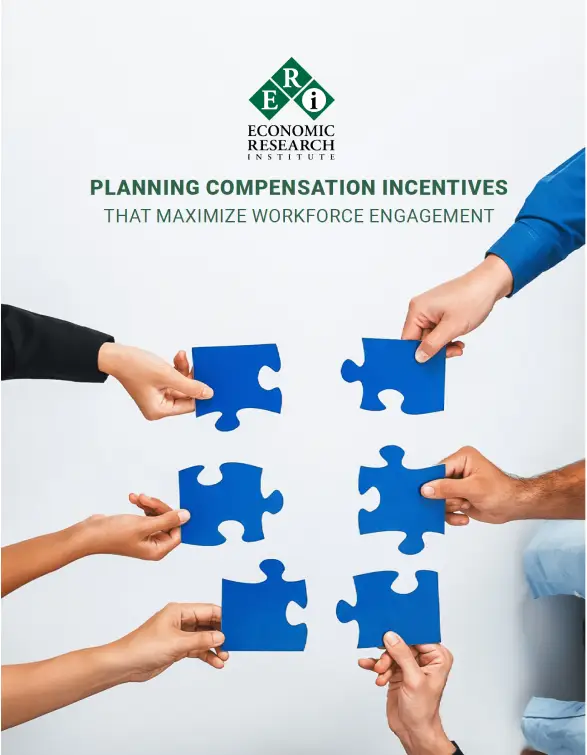It is a common trend for organizations to have employees working on multiple projects across the U.S. Most states are trying to increase revenue dollars; therefore, many are ramping up their enforcement of tracking mobile employees to ensure that tax laws are being followed. Technology has also made it easier for state tax auditors to monitor companies with a mobile workforce. Recent actions have demonstrated that executives and nonresident board members are of particular interest to state regulators. Combined with the multitudes of non-executive employees who cross state lines daily, companies are faced with complex administrative, tracking, and reporting issues.
HR and Relocation Professionals are commonly on the front line of addressing these issues.
Currently, a confusing maze of state income tax laws applies to employees who temporarily work in nonresident states. In some cases, these employees are required to file in every state where they worked temporarily, even if it was only for one day! In all, 41 states levy a tax on the income earned by nonresident employees during their time in the state, even if they’re simply attending a conference. Each state calculates its tax differently – 24 states levy the tax from the very first day, while 17 others (including Oregon, Idaho, and California) set a threshold on how long the nonresident employee can work before the tax liability is triggered. Below is a just a sample of the myriad individual state tax regulations:
| State | Exempt from Employer Withholding if … |
| Arizona | 60 days or less |
| California | exempt if less than $1,500 |
| Delaware | no exception |
| Georgia | 23 days or less |
| Hawaii | 60 days or less |
| Idaho | exempt if less than $1,000 |
| Maine | 10 days or less |
| Maryland | exempt if less than $5,000 |
| Massachusetts | no exception |
| Ohio | less than $300 in any quarter |
| Virginia | exempt if less than $7,000 |
Both employees and employers feel the burden of complying with this patchwork of different rules. Employees need to track and comply with various filing requirements, while employers have to maintain records and withhold state income taxes for their employees who temporarily travel out of state for work.
The Mobile Workforce State Income Tax Simplification Act (H.R. 1864) was passed in the House on May 15, 2012. On August 2, 2012, its companion bill, S. 3485, was introduced in the Senate and was referred to the Finance Committee. Passage would establish a uniform standard for the withholding of state income taxes on nonresident employees. This legislation has been outstanding for several years with slight variations on how long a worker needs to be in a state before the state can impose income tax obligations and withholdings on the employer. The bills indicate that a state may not impose income tax obligations unless the worker is a resident in the state or the “employee is present and performing employment duties for more than 30 days during the calendar year in which the wages or other remuneration is earned.” (There are a few exceptions, such as for professional athletes.) The bills define what a work day is and, to prevent double taxation, clarify that employees can get a tax credit in their home state for income taxes paid to other states.



